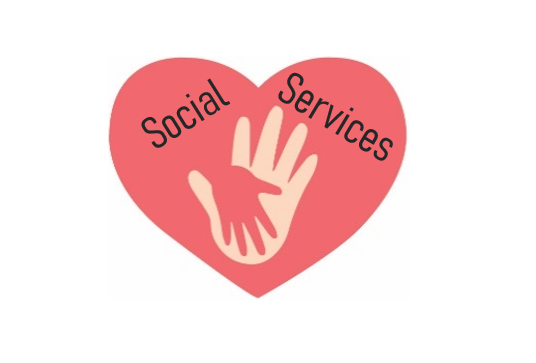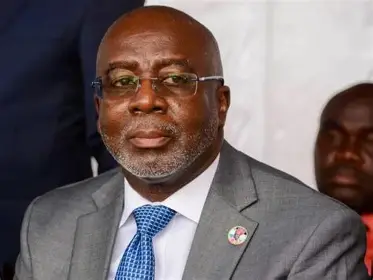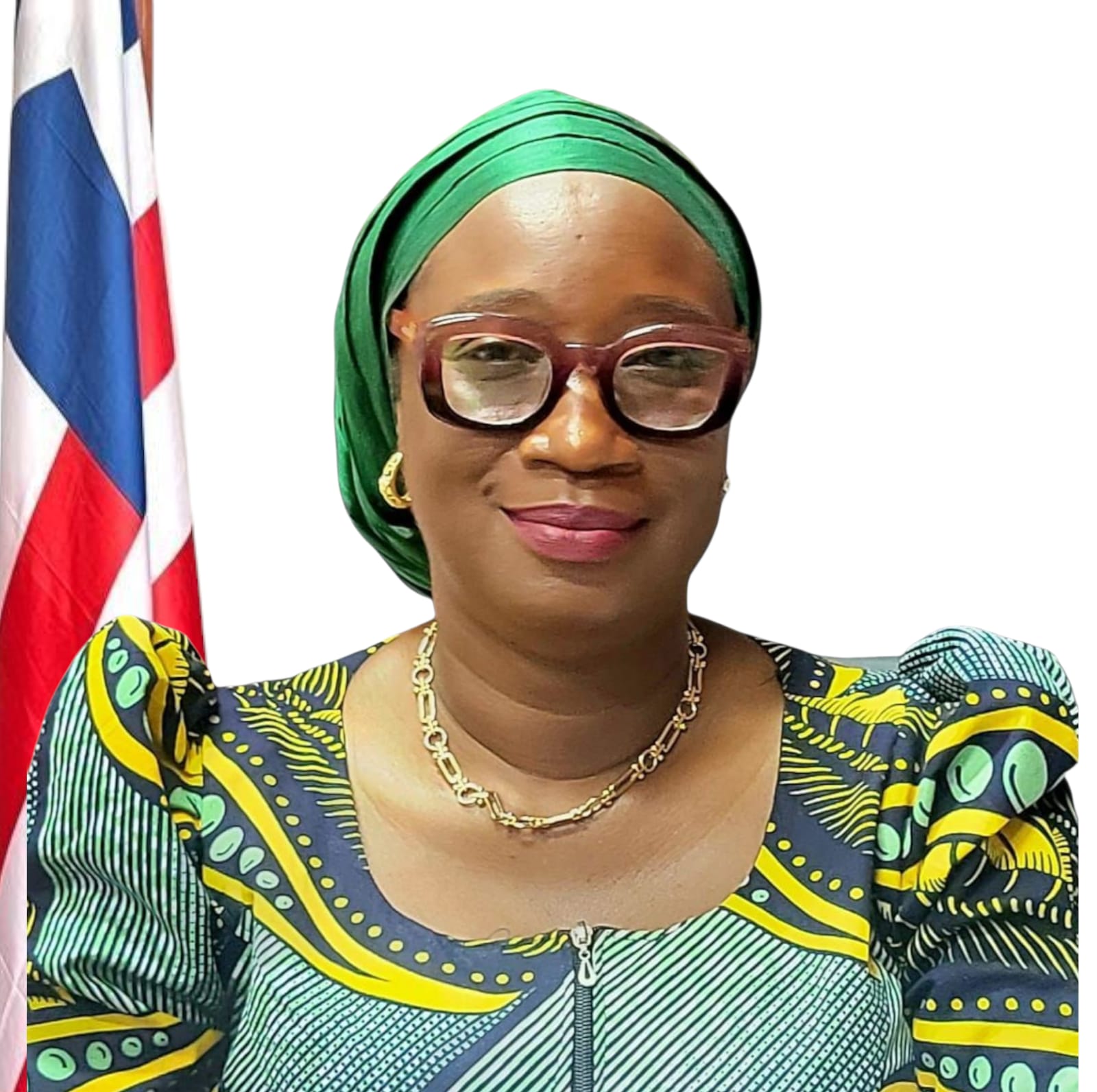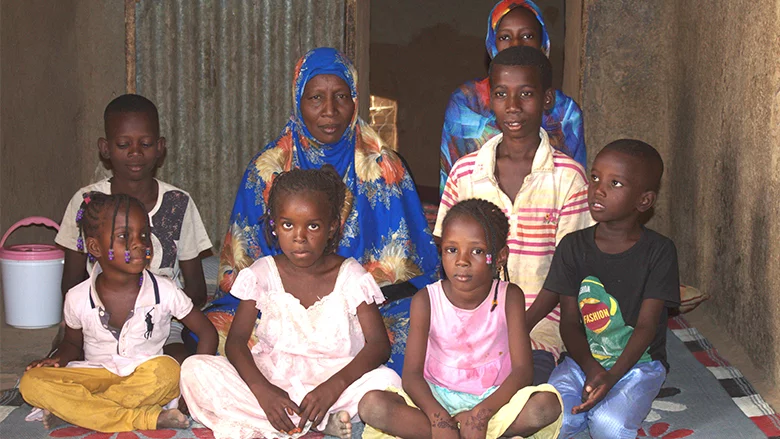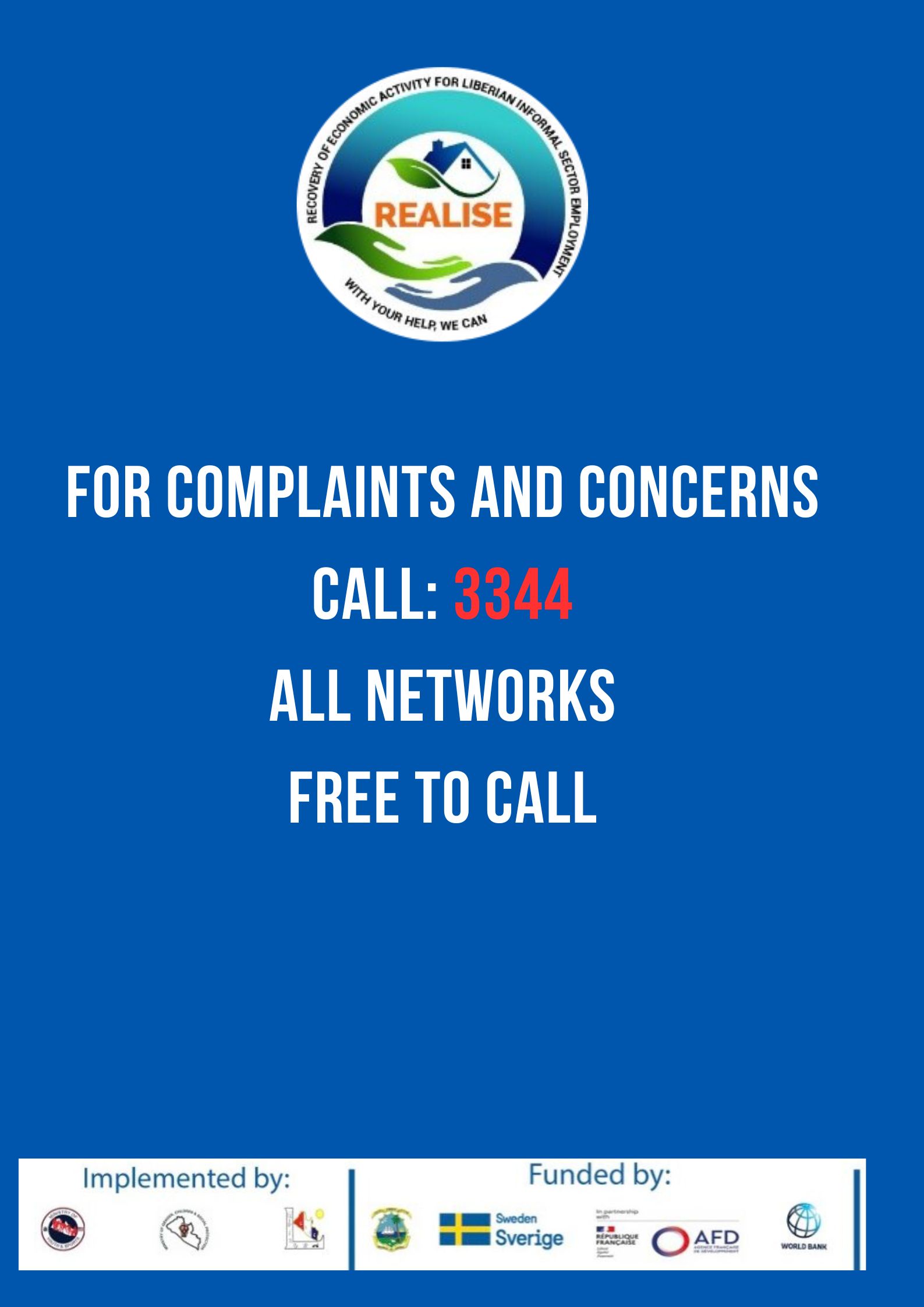Monrovia May 13, 2024-UNICEF Liberia, in collaboration with the Government of Liberia has held a one-day webinar session on Social Service Workforce Strengthening with policymakers, academicians, and social workers among others.
The initiative was aimed at developing a national harmonized curriculum and legislation on social work. The event was recently held in the Kofi Annan Conference Room at the One UN House in Sinkor, Monrovia.
It was organized in response to the growing need for standardization of social work education, professionalizing and regulating the social work profession in Liberia through a framework for license and accreditation of social workers and as well for Liberia to learn from Ghana and Sierra Leone on how they developed national standardized curriculums and legislations on social work.
The meeting brought together policymakers, academicians, and social work practitioners including students from Liberia, Sierra Leone, Ghana, South Africa, and Mauritania to share south-south experience on social work in Africa.
In an opening remarks at the event Hon. Jacob Bedell, Co-Chair of the Joint Education Committee of the Legislature, said that looking at the importance of the meeting, Liberia has had some other challenges with health matters and without taking the social work course.
Hon. Bedell said he ran a non-governmental organization and during the Ebola crisis people were recruited from the communities to do contact traces, follow up, and create awareness on the ebola which are work social workers should be doing and they were able to do it without taking the course.
He said they saw the need for social work as something that needs to be elevated to a level where it will become professional and a career for people to do.
Hon. Bedell indicated that A.M.E University is one of the Universities that has been able to do a curriculum around social work they are now offering bachelor’s degrees.
Also speaking, Josephine Greaves, a representative from the Ministry of Gender, Children and Social Protection said that together Liberia has achieved some of the recommendations, including developing guidelines and SOP on case management of vulnerable children, a training curriculum led by the National Leadership Group (NLG) social service workforce strengthening capacity development strategic action plan.
She told her fellow participants that the meeting was intended for them to learn best practices that would speedily move the process forward as they learned from their counterparts, Sierra Leone, Ghana, and South Africa experiences on how they were able to advance at the level at which they are in strengthening their social service workforce and legislation.
Madam Greaves congratulated all participants especially UNICEF Liberia for the efforts and support to ensure the process reached this level.
“As we work, let us keep one thing in mind and that is to ensure the vulnerable population especially children are supported to move from their vulnerability to fulfilling their full potential,” he said.
Additionally, Madam Greaves said in 2021, the government of Liberia and UNICEF started the discussion to support the strengthening of the social service workforce to accelerate the achievement of results for children as such both the government of Liberia and UNICEF recognized the importance of a systems approach to delivering services to children, families, and communities.
She noted that the first step to strengthening the overall child protection system in Liberia, a national leadership group was established comprising the Ministry of Gender, the National Social Work Board, and key social work institutions to Guide the mapping and assessment of the social service workforce which was critical to the process.
For his part, Andy Brooks from UNICEF Liberia giving the overview of the event explained that the meeting has been organized in response to the growing need for standardization of Social Work education as well as professionalizing and regulating the social work profession in Liberia through a framework for license and accreditation of social workers.
Stressing the need for Social work curriculum at bachelor’s degree levels, he noted that Social work education combines specialized coursework with hands-on experience. Those who complete the program will acquire knowledge and skills working with individuals, families, groups, and communities, assisting them to access services, provide support, conduct advocacy, and promote social justice and human rights.
According to him, the meeting is part of a south-south experience sharing, bringing together policymakers, academicians social work practitioners, and students from Liberia, Sierra Leone, Ghana, South Africa, and Mauritania.
This story was originally written and reported by FrontPage Africa

